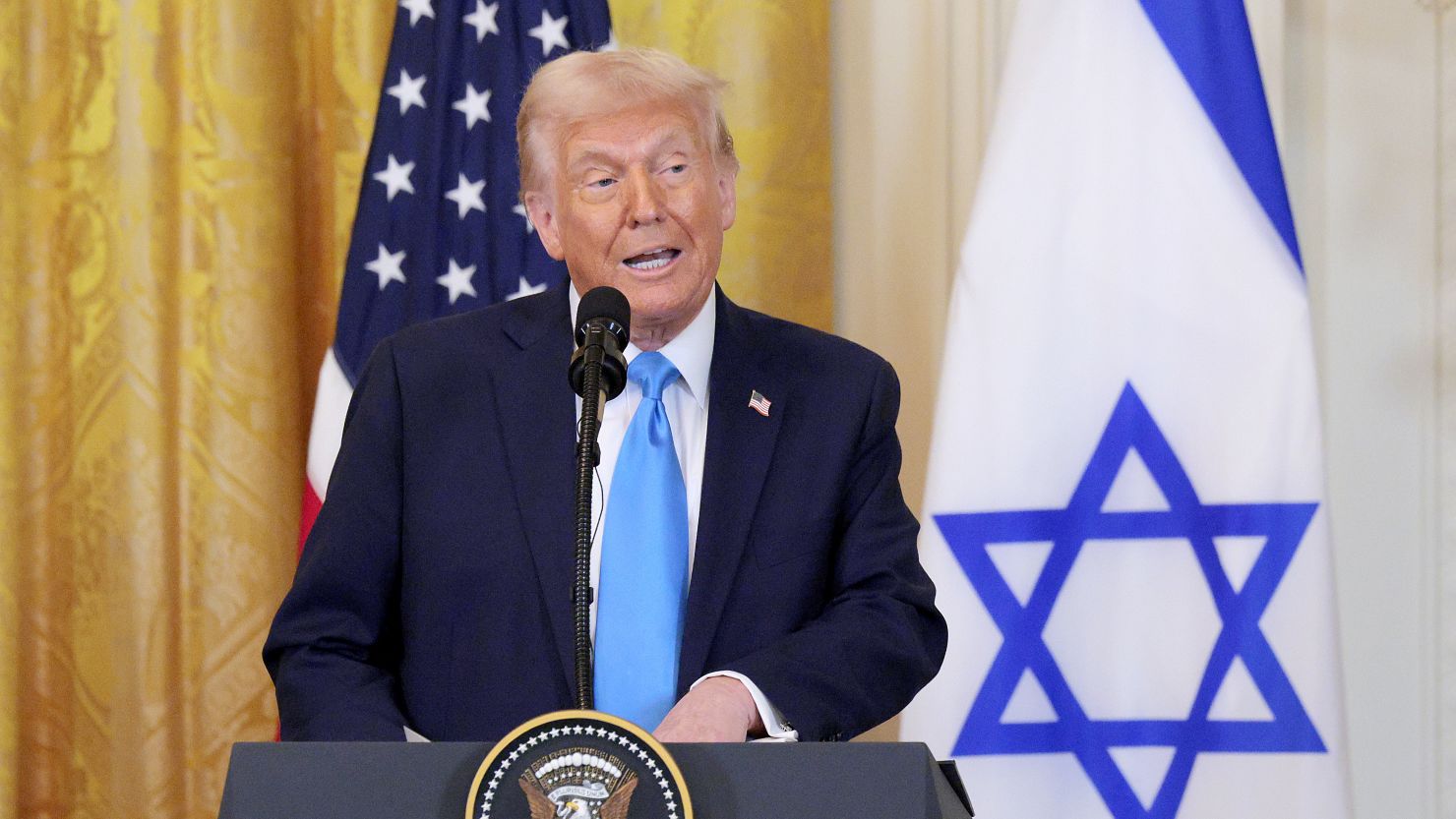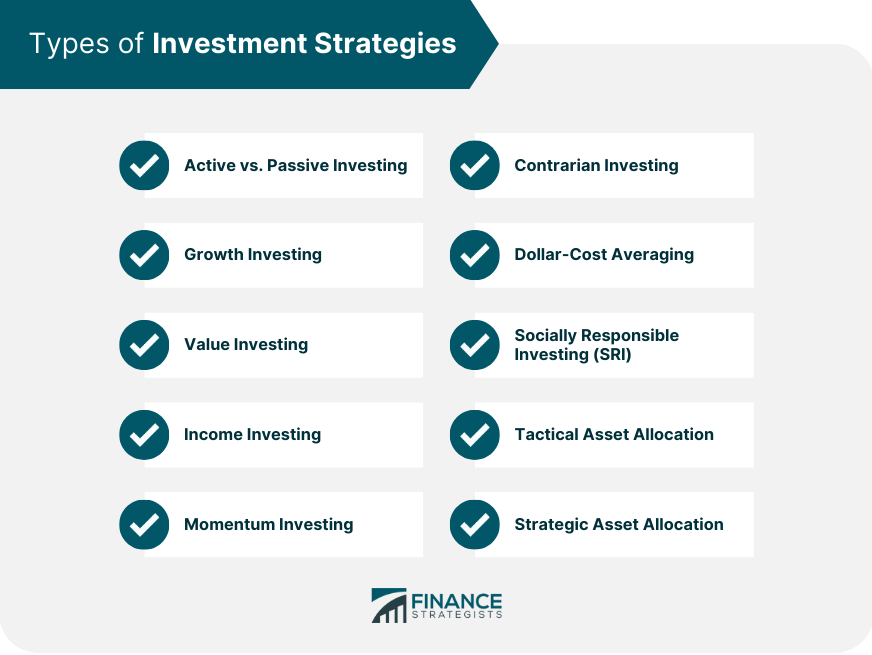Analysis: Trump's Possible Tariffs On Aircraft And Engine Imports

Table of Contents
Economic Impact of Tariffs on Aircraft and Engine Imports
Increased Prices for Consumers
Tariffs on imported aircraft and engines would directly increase the cost of these products. This increase would almost certainly be passed on to consumers. We can expect higher airfares, impacting both domestic and international travel. Furthermore, the cost of goods transported by air—from electronics to pharmaceuticals—would also likely rise.
- Price Increase Analysis: A 10% tariff, for example, could translate to a significant increase in airfares, potentially ranging from a few dollars on short flights to hundreds of dollars on long-haul international journeys. The exact increase would depend on the specific tariff rates and the proportion of imported components in the final product.
- Impact on Income Brackets: Higher airfares disproportionately affect lower-income individuals, limiting their travel options and potentially impacting their access to jobs and opportunities.
Impact on Domestic Aircraft Manufacturers
Domestic aircraft manufacturers like Boeing could potentially benefit from Trump's aircraft tariffs. Increased protection from foreign competition could boost domestic sales and production. However, this benefit comes with caveats.
- Production Challenges: Meeting a sudden surge in demand requires significant investment and scaling of production capabilities. This poses challenges for even the largest manufacturers.
- Job Creation Potential: While increased production could lead to job creation, it's not guaranteed, and may depend on factors beyond tariff implementation.
- Over-Reliance on Protectionism: Becoming overly dependent on government protection can stifle innovation and competitiveness in the long run, hindering the ability to compete in a global market without artificial barriers.
Retaliatory Tariffs and Trade Wars
The imposition of Trump's aircraft tariffs would very likely provoke retaliatory tariffs from other countries, most notably the European Union and Canada, which are significant players in the global aircraft manufacturing market.
- Disrupted Supply Chains: Retaliatory tariffs would disrupt global supply chains, leading to delays, increased costs, and uncertainty for businesses throughout the industry.
- Trade War Escalation: A tit-for-tat exchange of tariffs could escalate into a full-blown trade war, with damaging consequences for the global economy far beyond the aviation sector.
- Historical Precedents: History shows that trade wars often lead to widespread economic harm, with no clear winners. Examining previous instances of such conflicts provides a valuable lesson in the potential negative outcomes.
Geopolitical Implications of Trump's Aircraft Tariffs
Strained International Relations
Trump's aircraft tariffs would severely strain US relationships with key allies, particularly those heavily involved in the aviation industry. This would damage trust and hinder international cooperation.
- Diplomatic Conflicts: The imposition of these tariffs could escalate into diplomatic conflicts, potentially impacting broader political relationships beyond trade.
- Trade Agreement Impacts: Existing trade agreements could be jeopardized, undermining the multilateral trading system and making future agreements more difficult to negotiate.
Impact on Global Aviation Industry
The global aviation industry relies on complex international supply chains. Aircraft tariffs would significantly disrupt these established networks.
- Shifting Production: Manufacturers might shift production to countries outside the scope of the tariffs, altering the global landscape of the aerospace industry.
- Long-Term Competition: The imposition of tariffs could stifle innovation and competition, ultimately harming the industry in the long term.
Key Players Affected by Potential Aircraft Tariffs
Boeing
Boeing, as a major US-based manufacturer, could see both benefits and challenges. Increased domestic demand could boost its sales, but it would also face the challenges of scaling production and navigating potential retaliatory tariffs. The analysis of Boeing's market share and response strategies will be crucial in understanding the ultimate impact.
Airbus
Airbus, a major European competitor, would likely face a significant negative impact. Loss of market share in the US would necessitate strategic adjustments, including lobbying efforts to mitigate the effects of the tariffs and potentially shifting production or sales strategies.
Engine Manufacturers (e.g., Rolls-Royce, GE Aviation)
Engine manufacturers would feel the effects through disruptions to their supply chains and potential price increases, impacting their profitability and overall market position.
Conclusion
The potential implementation of Trump's aircraft tariffs presents a complex scenario with significant economic and geopolitical implications. While there might be short-term gains for domestic manufacturers, the overall consequences could be detrimental to consumers, international relations, and the global aviation industry. The risk of retaliatory tariffs and the disruption of established supply chains are serious concerns. Further analysis and careful consideration of all potential consequences are crucial before implementing such a significant trade policy change. To stay informed on the latest developments regarding Trump's aircraft tariffs and their impact on the global aviation industry, continue to follow reputable news sources and industry publications. Understanding the intricacies of Trump's aircraft tariffs is essential for navigating the evolving landscape of international trade and aerospace.

Featured Posts
-
 Unvaccinated Children Quarantined Amidst North Dakota Measles Outbreak
May 10, 2025
Unvaccinated Children Quarantined Amidst North Dakota Measles Outbreak
May 10, 2025 -
 Weight Loss Drug Boom And Weight Watchers Financial Troubles A Bankruptcy Analysis
May 10, 2025
Weight Loss Drug Boom And Weight Watchers Financial Troubles A Bankruptcy Analysis
May 10, 2025 -
 Palantir Stock Outlook Investment Considerations Before May 5th
May 10, 2025
Palantir Stock Outlook Investment Considerations Before May 5th
May 10, 2025 -
 Potential Spoiler Free Alternative To Roman Fate Where To Stream
May 10, 2025
Potential Spoiler Free Alternative To Roman Fate Where To Stream
May 10, 2025 -
 Chief Justice Roberts Mistaken For Gop Leader His Response
May 10, 2025
Chief Justice Roberts Mistaken For Gop Leader His Response
May 10, 2025
